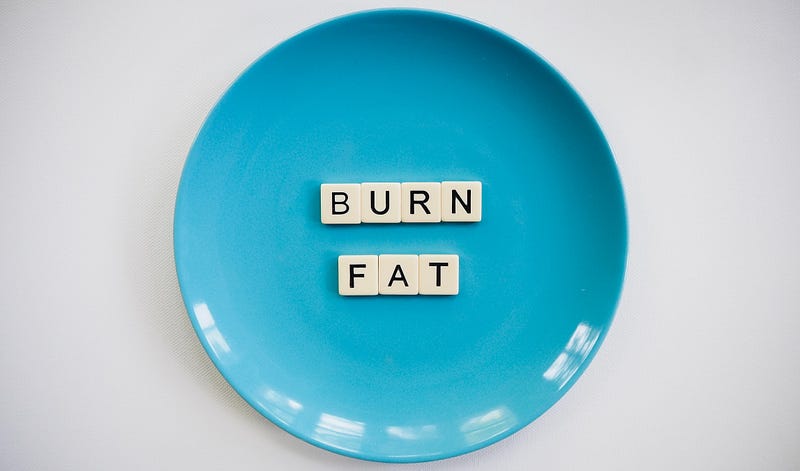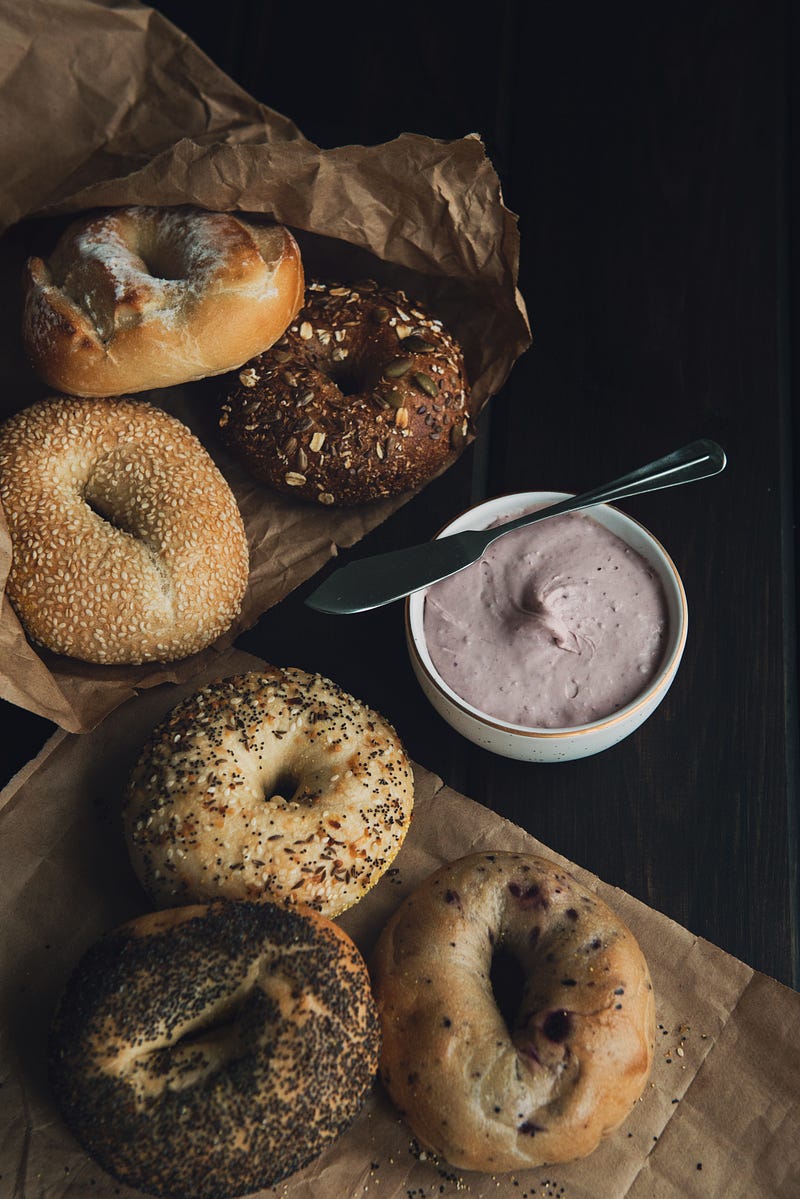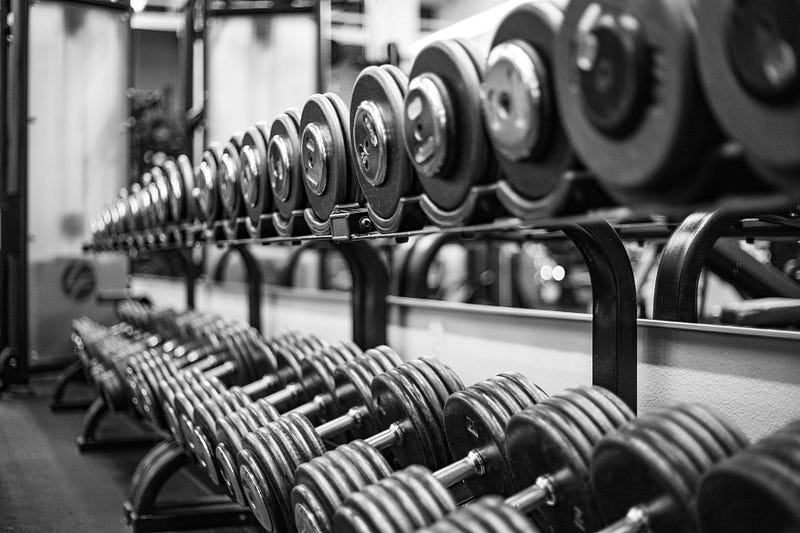Unlocking the Secrets of Low Carb Diets for Effective Fat Loss
Written on
Chapter 1: Understanding Low Carb Diets
Who doesn't aspire to shed excess body fat? Unless you're among the elite few who maintain a three percent body fat for competition, chances are you've heard many individuals touting the benefits of keto or low carb diets for rapid fat loss. But what fuels the popularity of these diets in the realm of weight loss? While it's common knowledge that standard caloric deficit diets facilitate gradual weight reduction, what happens when you combine this approach with a low carbohydrate diet? Let’s delve into the fundamental science of metabolism and its relation to low carbohydrate eating.

Chapter 2: The Role of Insulin in Fat Storage
Insulin is the main anabolic hormone responsible for signaling the body to store fat, allowing amino acids and nutrients to enter muscle cells to facilitate muscle growth and storing glycogen. This is why it’s often stated that if you’re consuming food, you’re not in a fat-burning state. The reason? Most food contains carbohydrates. These carbohydrates trigger the pancreas to release insulin, which reduces blood sugar levels. When insulin is present, your body focuses on fat storage rather than fat burning.

Insulin effectively inhibits fat burning. After consuming a carbohydrate-rich meal, insulin is secreted in significant amounts, leading to fat storage. Conversely, during periods of fasting, insulin levels drop, creating an environment conducive to fat burning. During these times, hormones that counteract insulin, like glucagon, are released to help maintain stable blood glucose levels.
You might be curious about where the glucose needed by your body originates. The liver and muscles store glycogen, but the liver is primarily responsible for regulating blood glucose levels. During extended periods of fasting, liver glycogen is broken down into glucose, which then enters the bloodstream.
What else does your body utilize for energy during these fasting periods?
Fats!
Lipolysis (the breakdown of fat molecules) and fatty acid oxidation (the process of extracting energy from fat) begin to occur, supplying your cells with essential energy and maintaining blood glucose levels in the absence of food.

Chapter 3: The Benefits of Combining Low Carb Diets with Resistance Training
Now, let's tie everything together. Here’s where it gets exciting. Adhering to a low carbohydrate diet results in lower insulin secretion from the pancreas. Lower insulin levels correlate with reduced fat storage, which in turn creates a greater capacity for fat burning. This fat-burning potential can be further enhanced when combined with resistance training. During resistance training, your muscles require substantial energy to contract, and with limited glycogen stores from a low carb diet, your body must become adept at utilizing fat stores for energy.
If you typically create a caloric deficit of 500 calories each day, you’re likely on course to lose approximately one pound per week (equating to a deficit of 3500 calories weekly). However, you can expedite this fat loss process by combining that same caloric restriction with a low carbohydrate diet!

Before making any significant alterations to your diet, it’s always wise to consult with your healthcare provider.
Why Do Low Carb Diets Work For Weight Loss? Here are 4 reasons! This video explores the reasons behind the effectiveness of low carb diets for weight loss, providing insights into their mechanisms and benefits.
Low Carb Diets: Are They Really Effective for Weight Loss? In this video, experts discuss the actual effectiveness of low carb diets, examining their impact on weight loss and overall health.